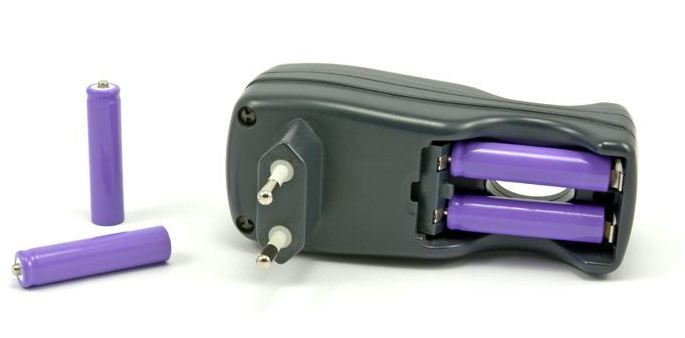Most digital cameras drain power. That is why it is always advisable to have a standby battery at hand when you go out on long shoots. There is no point in having a camera with a dead or drained battery.
Thankfully, the digital cameras are equipped with an indicator that informs the user about the battery status.
It is also important to select the right battery and to know its life. To avoid confusion, the camera makers specify the battery make in their manuals. They also make it clear the number of batteries needed to operate the camera.
Most people make the mistake of buying normal alkaline batteries. These batteries may be cheaper but they run out faster. In contrast, the NiMH or NiCad batteries have a longer life and are a better choice.
You should therefore prefer NiMH (Nickel-Metal hydride) batteries to power your cameras. These batteries are easily available in the market and are environment friendly too.
They come in several sizes, last for at least 400 charges, and provide a high picture count for each charging. You can easily recharge the batteries using a NiMH charger.
The batteries are recharged in less than 8 hours. Fast charging is also possible with a sophisticated charger.
Some of the new camera models use LiIon batteries that are Lithium-Ion batteries. These batteries are very powerful and have almost double the power compared to a NiMH battery of the same size. They can also be recharged several times.
The percentage of power lost during storage is very low. However, you need a specialized charger to recharge these batteries. Most of the chargers are costly and should be purchased from select stores only.
It is important not to charge these batteries in any charger since it can affect the battery life.
Chargers are almost as important as the camera, and you should study them carefully before making a choice. The best choice is to go for a smart charger.
These chargers are fitted with microprocessors that can gauge the amount of charge left in the batteries when placed for recharging. The batteries, therefore, get charged according to requirements.
This way you prevent overcharging. Sometimes you can burn out the battery even before its life is over by recharging it unnecessarily. The LEDs present on the charger indicate whether the charging is going on or not.
An adaptor that ensures voltage balance is especially handy if you are working in different countries that have different voltage systems. You should clean your charger with alcohol to ensure longevity.
While working it is always good to have a spare set of batteries. Lithium batteries are the best choice. They have a good picture shot rate and have a shelf life that lasts for almost ten years. You can keep them in a battery wallet or a battery caddy.
Always remove the batteries from the camera if not in use. As a precautionary measure never charge or use leaking batteries. Store them in a cool place for better results. Ease the pressure on the batteries by switching to a low power mode. This way you will use the batteries for a longer time.

